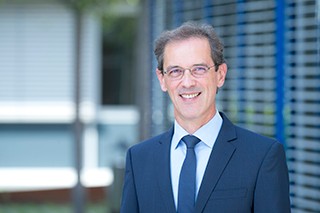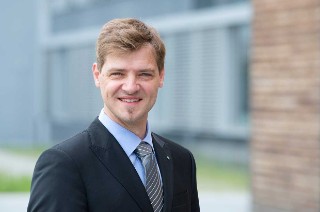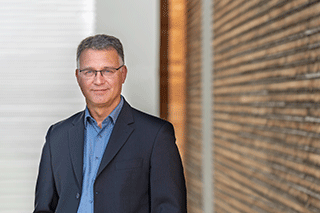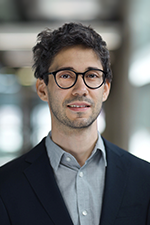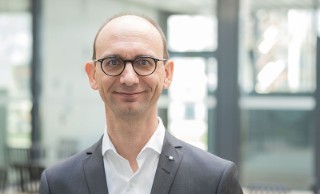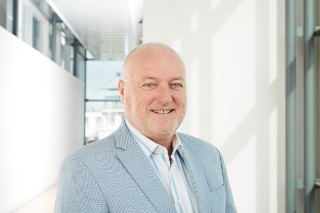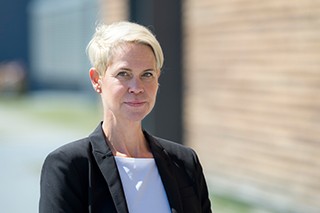Integrated Approach for Sustainable, Modular, and Circular Building Renovation
The construction sector must make a substantial contribution to achieving the climate policy goals set by the German Federal Government and the European Union. In Germany, approximately 40% of all CO₂ emissions stem from the construction and operation of buildings, with the majority attributed to electricity and heating. Therefore, building stock must be renovated more quickly, more efficiently, and with renewable energy sources.
The central goals of the BAU-DNS project are to increase productivity while reducing costs, and to enhance the circularity and carbon neutrality of materials and systems. The consortium is pursuing these objectives through three core strategies: consistent data utilization, sustainable processes, and systemic manufacturing to mitigate the shortage of specialists. The consortium also addresses the current lack of material availability by focusing on regional sourcing and recycled materials, which are expected to become foundational elements of the sector. Consequently, the BAU-DNS consortium is rethinking the construction process from a deconstruction and recycling perspective: component development, factory design, building planning, and other project stages are being designed in revers - from end of life to inception.






